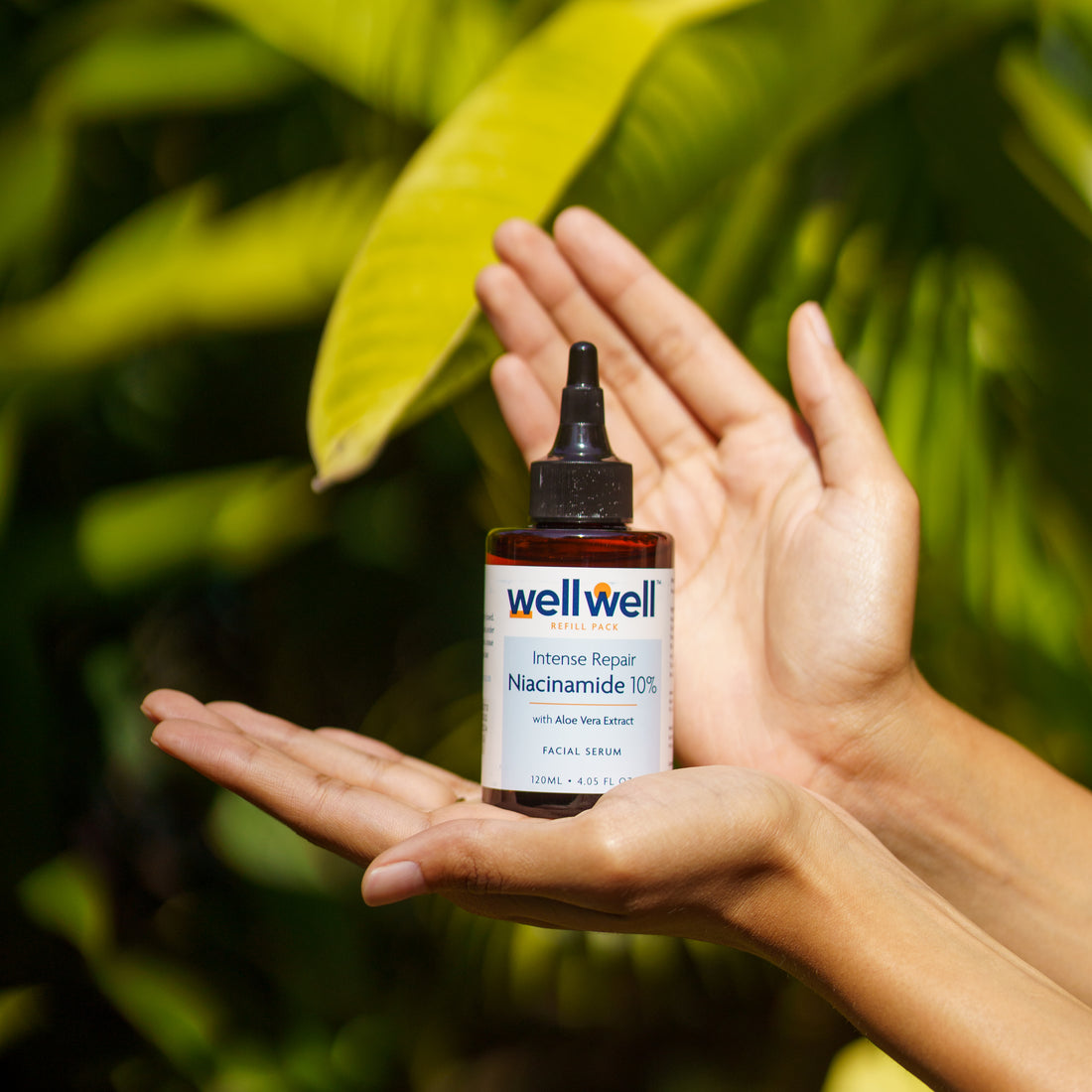Niacinamide, also known as vitamin B3, is a water-soluble vitamin that is essential for good health. It is found in a variety of foods, including meat, fish, poultry, and fortified grains and cereals. In addition to its role as a nutrient, Niacinamide has also been shown to have a number of beneficial effects on the skin.
One of the key benefits of Niacinamide is its ability to improve the skin's barrier function. The skin barrier is a thin layer of cells that helps to protect the body from the environment, and it is essential for maintaining healthy, hydrated skin. Niacinamide has been shown to increase the production of ceramides, which are fatty molecules that help to strengthen the skin's barrier and prevent moisture loss.
Another benefit of Niacinamide is its ability to reduce inflammation and redness. Inflammation is a normal response to injury or infection, but chronic inflammation can lead to a number of skin problems, such as acne, eczema, and rosacea. Niacinamide has been shown to have anti-inflammatory effects, which can help to reduce redness and swelling, and improve the overall appearance of the skin.
In addition to its anti-inflammatory effects, Niacinamide has also been shown to have a number of other benefits for the skin. It can help to improve the texture and tone of the skin, reducing the appearance of fine lines, wrinkles, and hyperpigmentation. It can also help to reduce the production of sebum, which can lead to clogged pores and acne. Niacinamide can even help to protect the skin from environmental damage, such as UV radiation and pollution.
Overall, Niacinamide is a versatile and effective ingredient that can benefit the skin in a number of ways. It is suitable for all skin types, and can be incorporated into a variety of skin care products, including serums, creams, and toners. Whether you are looking to improve the health of your skin, reduce the appearance of fine lines and wrinkles, or protect your skin from environmental damage, Niacinamide is a valuable addition to your skin care routine.

